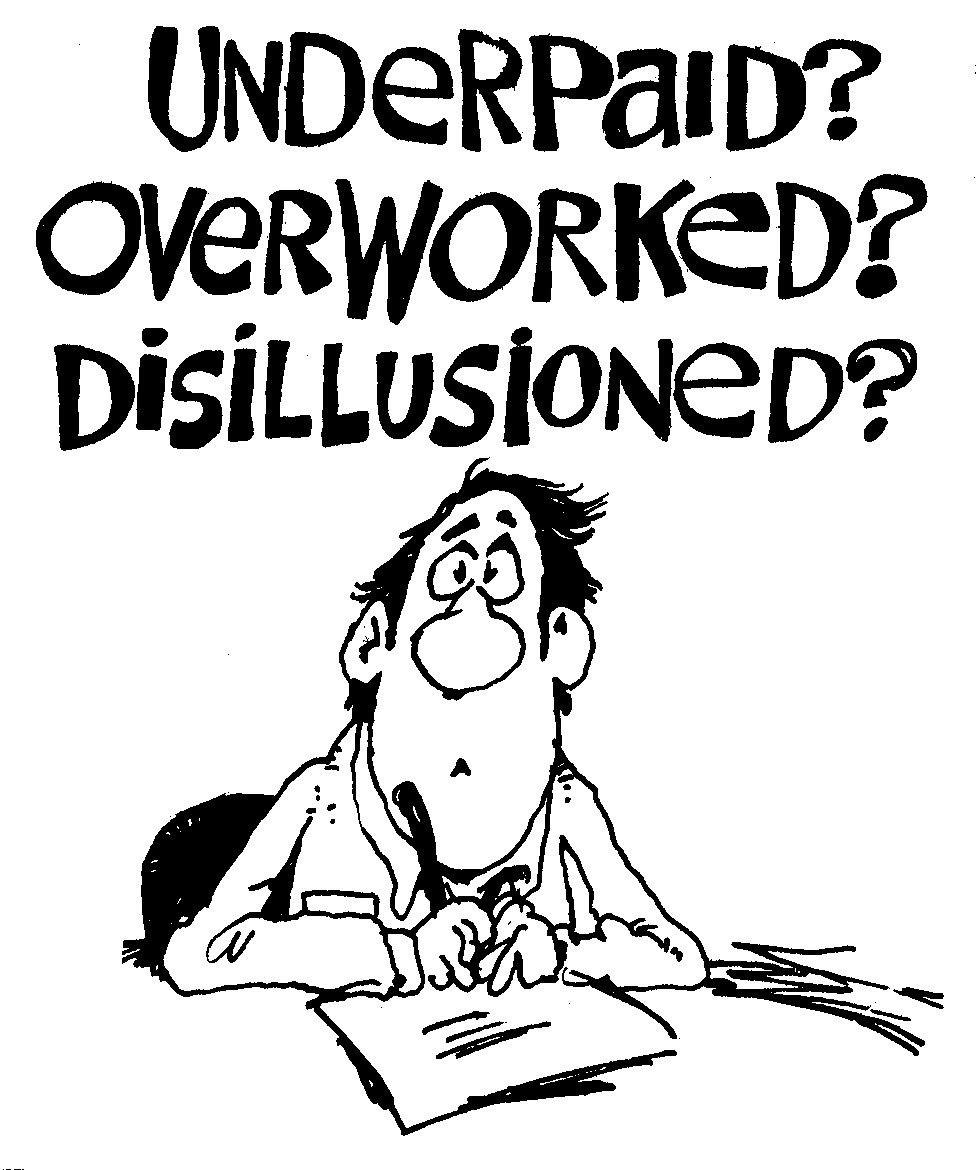There are high number of mistakes committed usually out of naivety. If you plan on starting one, there is a fat chance that your first year will be like the one below unless you have a thorough plan.
How does it all begins?
It all starts with an idea. Ingredients: A ‘great’ idea + lots of self-belief + passion + ambition and a dream; a dream laced with images of success, fame and money. Usually the above ingredients are not too hard to find, once you get the ‘idea’ they find you. Due to your passion, a lot will escape your scrutiny.
Justification?
According to you: Two to three weeks after hatching your idea, plans will be made to start a company (apparently it is the only way they will treat you seriously). Since the product/idea is quite revolutionary and an obvious sell, extensive market research will be ignored in favor of a fast ship out. You can’t trade market research for anything else more so if you are new on the scene.
Work is in session
This is the most interesting part of any start-up. There is lots of energy in the camp, ideas are flying and plans are being implemented left, right and center. Since money is needed for food, office space, internet, transport and a small allowance you might need an investor to bankroll this phase and the one after.
Marketing the product
Time to save the world with your killer product! What is supposed to be an easy pitch to businesses or individuals might turn into weeks of hope and despair. During the next two or three months you will meet all kinds of people; they will praise you and your product but won’t even test or buy it. You will come very close to signing a contract only to be told your product but will neither test nor buy it. You will be promised a contract but it will be delayed by some factors like the absence of a company C.E.O, when he comes back it might no longer be priority for the company to buy your product. Preparation and presentation will be key here.
Where’s the money
After about twelve months of heavy and exciting work but with no results to show for it other than a not sold product, this will be the time to ponder your next move. At this time the investor you brought on board will start asking questions and will ultimately pull the plug on the cash flow. This is the hardest part of any start-up; you are disillusioned, low on motivation and definitely low on cash. Most die at this phase but others limp on with other products hoping they hit big with one of them. All the above are based on a true story, I have been there and seen most of it first hand. Even right now I know some start-ups that are committing some of the mistakes I have outlined above. Feature image: finahub.com





